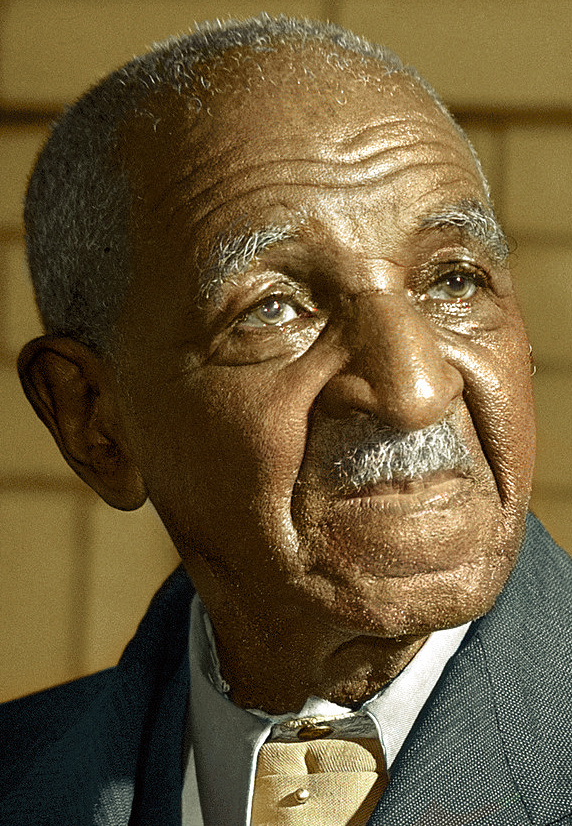Japs’ herdlike march into face of death described by woman who escaped Malaya
British lacked the means to make stand, Koppers group told
For 600 weary miles, she retreated with the British… through Penang, and Ipoh, and Kuala Lumpur to Singapore.
There, recuperating from two wounds suffered in Malay, she witnessed Jap bombings, and the city’s swift fall.
At almost the last moment, she escaped on a cattle boat to Java, eluding Jap submarines and planes.
That was part of the story Mrs. James Bines, former Elyria, Ohio, woman, who lived in Malaya for seven years, told a war bond sales committee of Koppers Co. employees in Pittsburgh today.
Husband still missing
She drove an ambulance during the fighting in Malay and when Java fell, she fled once more, on one of the last boats to sail from island, landing in Australia, after a 58-day voyage, extended almost to the Antarctic to escape the Japs.
Mrs. Bines doesn’t know yet where her husband is – the last time she saw him was on the December morning in 1941 when the Japs began their invasion of northern Malaya.
He was manager of a British firm, and, like all other British subjects, was sent to the front to fight.
Mrs. Bines said:
He was armed with a World War I gun. That’s all we had… no planes, no anti-aircraft, no anything. I had volunteered as an ambulance driver earlier, and I went to my unit. We’ve never seen each other again.
Help fails them
She continued:
We fought hard, but you can’t hold any place in the world without planes. Those Japs had anything, and they bombed and dive-bombed until our towns were blown off the map. Flesh and blood can’t stand that very long.
With Japs infiltrating around them, often by such clever ruses as donning slacks and white shirts, and then bicycling into British ranks with their Tommy guns concealed, the beaten forces were forced back to the tip of Malaya.
We made our best stand on the Perek River, where we thought we might get the long-expected trip, but it never came.
A bridge of dead
Ipoh fell, and then Kuala Lumpur, Mrs. Bines arrived in Singapore, where she had a little respite before the invaders took that too. She told of the famous causeway.
It was not completely blown up, and the Japs were able to make repairs. Then when they were ready, they marched across. We trained all of our guns on that causeway, and our few planes machine-gunned the length of it.
They came marching on… like animals. Climbing over their own dead, always coming on in a solid line.
Our guns blasted them off for perhaps a hundred feet. Shot cut through their ranks. New men moved in to take the places of the ones who were slaughtered.
Still they came
Our gunners actually came sick at the number of men who were killed, but the Japs came on.
They never stopped… life meant nothing to them…
Mrs. Bines said:
We were caught like rats in a trap. Japs in front of us, and nothing but the sea and sharks behind.
But she did manage to escape to Java, where it was “the same story of too little and too late.” Then she reached Australia.
Hong Kong stories verified
Mrs. Bines won’t talk of the atrocities she has seen.
I refuse to speak of them, but I have seen terrible things – and whatever you read that happened in Hong Kong is true.
Now resting at the home of her parents in Elyria, she’s planning to take flying lessons and fit herself into the war effort in any way possible.
Meanwhile, she has this message for Americans:
You people here at home are asked to give only money, and you’re very fortunate.


